On December 13, veteran centrist politician Francois Bayrou was appointed Prime Minister by French President Emmanuel Macron, as the European country is plunged into its second major political crisis in the past six months.
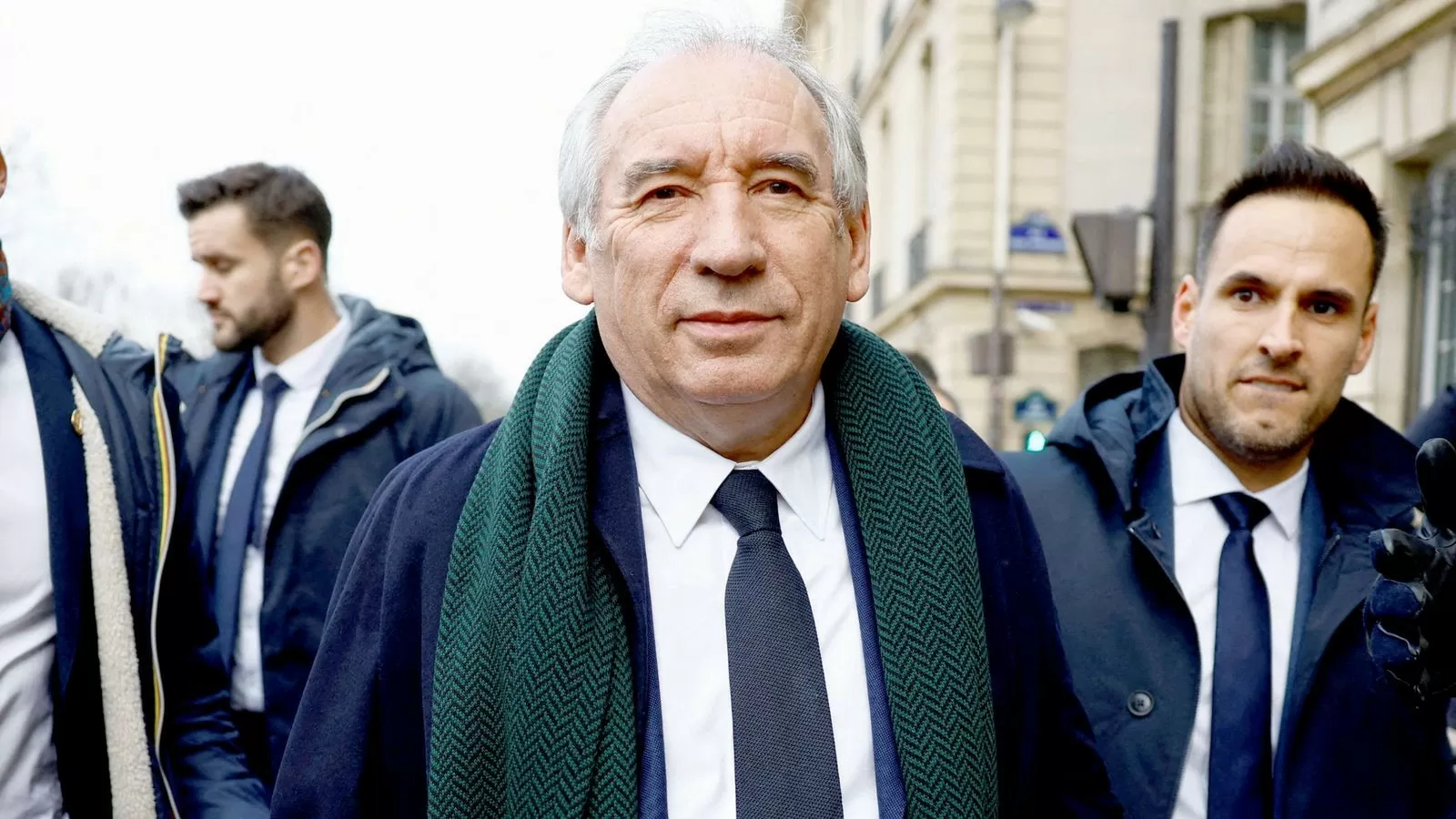 |
| New French Prime Minister Francois Bayrou (center), appointed by President Emmanuel Macron on December 13. (Source: Reuters) |
Mr. Bayrou, 73, leader of the Democratic Movement (MoDem) party, is the third Prime Minister appointed by President Macron's government this year, | succeeding Mr. Michel Barnier, who was forced to resign after a vote of no confidence in the French National Assembly on December 4.
Mr. Bayrou was a history teacher before entering French politics. In 2007, he ran for president and came third in the first round with 19% of the vote. In 2012, Mr. Bayrou tried his luck again, but failed.
In 2017, when Emmanuel Macron was elected as the centrist presidential candidate of the En Marche party, Bayrou decided to support Macron instead of running himself.
After Mr Macron was elected President, Mr Bayrou was given the position of Minister of Justice, but was soon forced to resign amid an investigation into allegations that the MoDem party had embezzled European Parliament funds.
On December 13, in his first statement to the press after being appointed Prime Minister of France, Mr. Bayrou, a long-time ally of President Macron, affirmed that he clearly understood the difficulties and challenges that await him during his term.
"Everyone is aware of the difficulty of this task. We need to find a way to unite rather than divide," he said, stressing that reconciliation was necessary.
According to AFP , one of Prime Minister Bayrou's first and most important tasks is to negotiate with political groups in Parliament to reach an "agreement not to propose a motion of no confidence" in the new government.
In addition, he must continue to discuss and finalize the draft 2025 budget, a sensitive issue that needs to be approved by the National Assembly. In addition, other hot issues such as pension reform and immigration policy will also be major challenges for the new Prime Minister.
A big question now is whether Mr Bayrou can reach an agreement with opposition parties, both right-wing and left-wing, to maintain government stability and avoid the risk of a no-confidence vote.
The appointment of a presidential figure to the post of prime minister has been met with strong opposition from both the far left and the far right. The far-left France Unconquered (LFI) party has said it will quickly table a motion of no confidence in the new government, while the far-right National Rally (RN) has also warned that it will take action if the government crosses its “red lines”.
In addition to the opposition parties, Prime Minister Bayrou also faces opposition from the Socialist Party (PS), a member of the left-wing coalition New Popular Front (NFP), along with the LFI. Although the PS does not oppose Mr Bayrou, they demand that he adopt a truly innovative approach, respect the debate in the National Assembly and abandon the use of Article 49.3 of the Constitution to pass bills.
The Green Party and the French Communist Party (PCF), also members of the NFP coalition, agreed with this demand.
Prime Minister Bayrou's big challenge is to build a stable majority in parliament to ensure the government is not dismissed and bills are passed. Of the 577 seats in parliament, presidential parties have only 163, leaving him needing the support of left-wing parties such as the PS, Greens and PCF.
Bayrou is expected to announce his cabinet in the coming days, and analysts say he is likely to face similar challenges to his predecessor Barnier.
Source: https://baoquocte.vn/tan-thu-tuong-phap-ngoi-ghe-nong-giua-ngan-chong-gai-doi-mat-lan-ranh-do-cua-phe-doi-lap-lam-the-nao-de-doan-ket-thay-vi-chia-re-297340.html



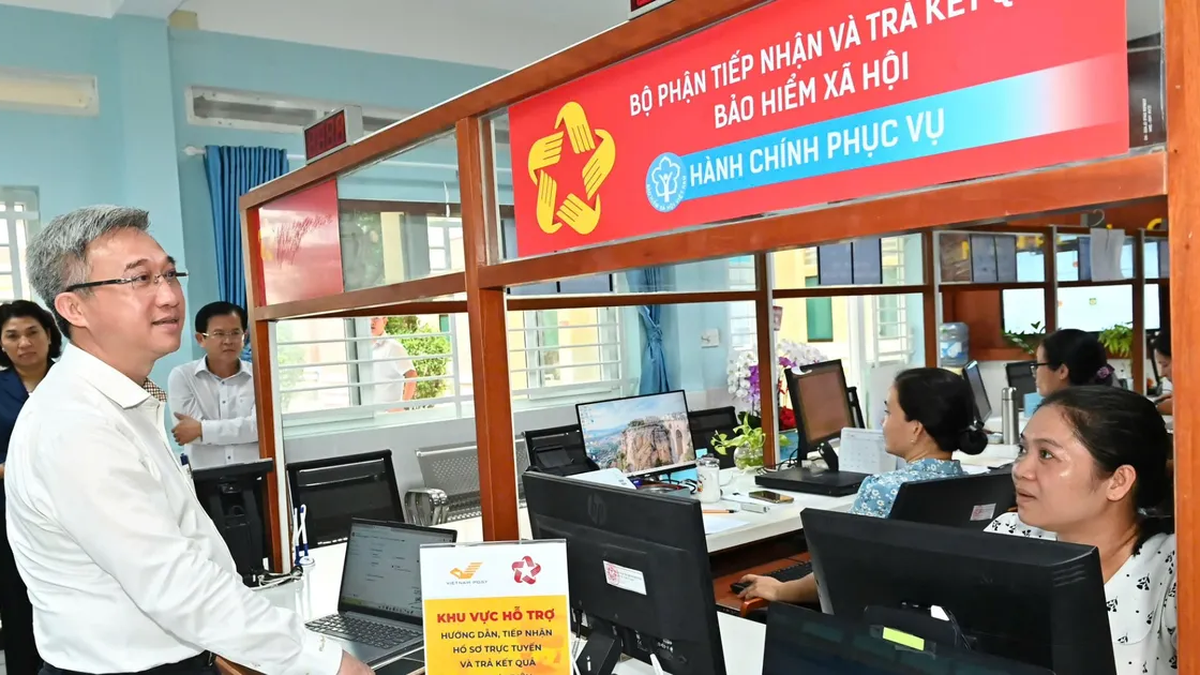

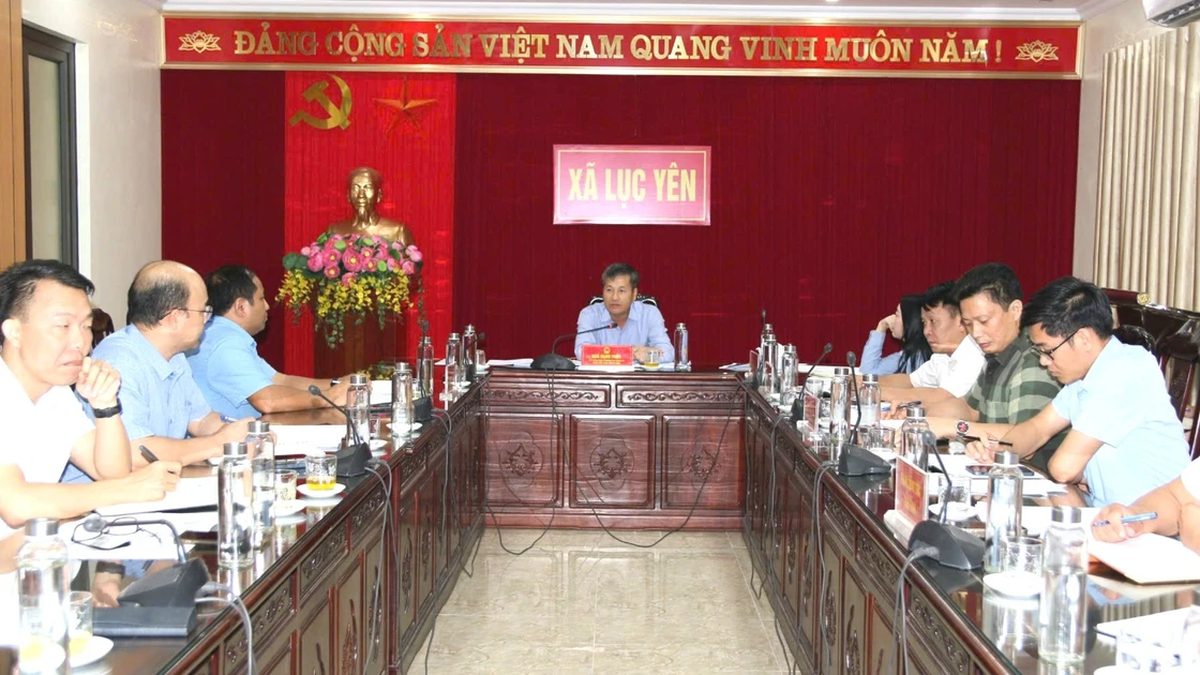

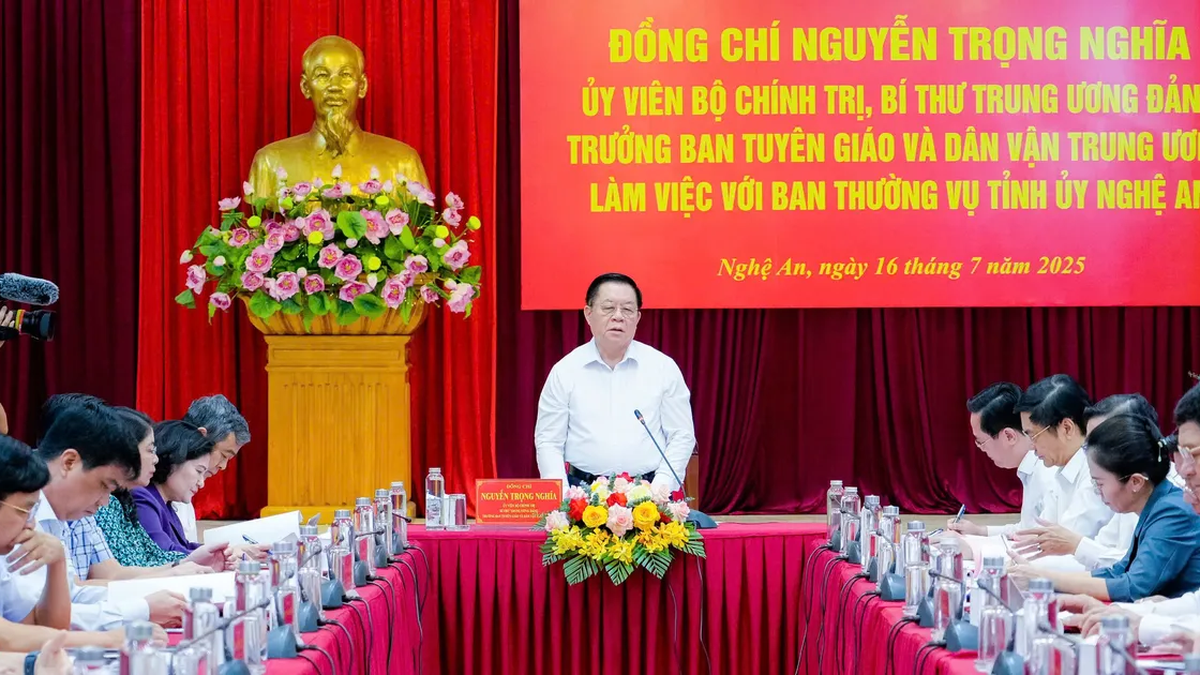
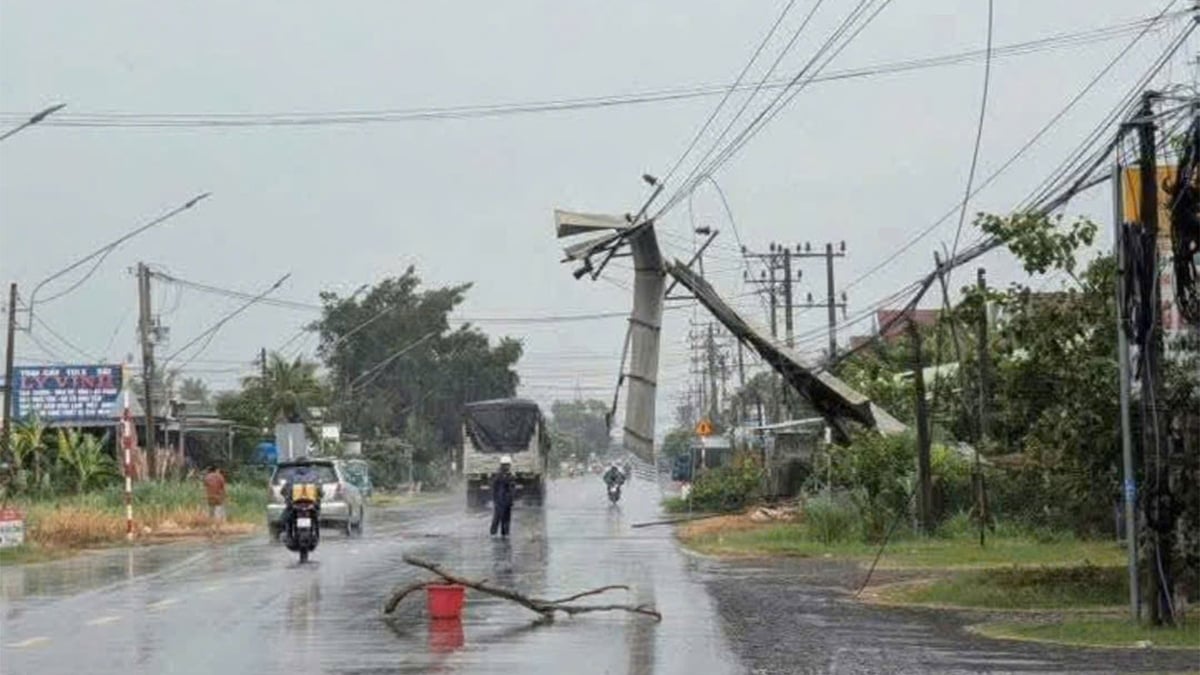

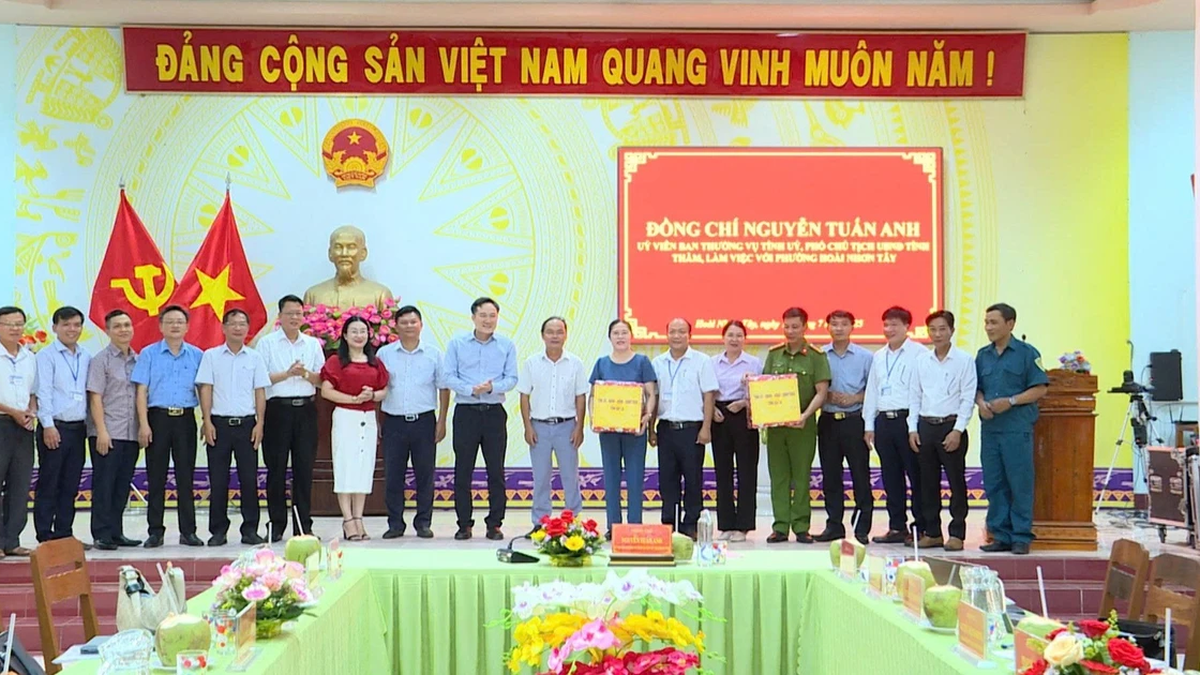
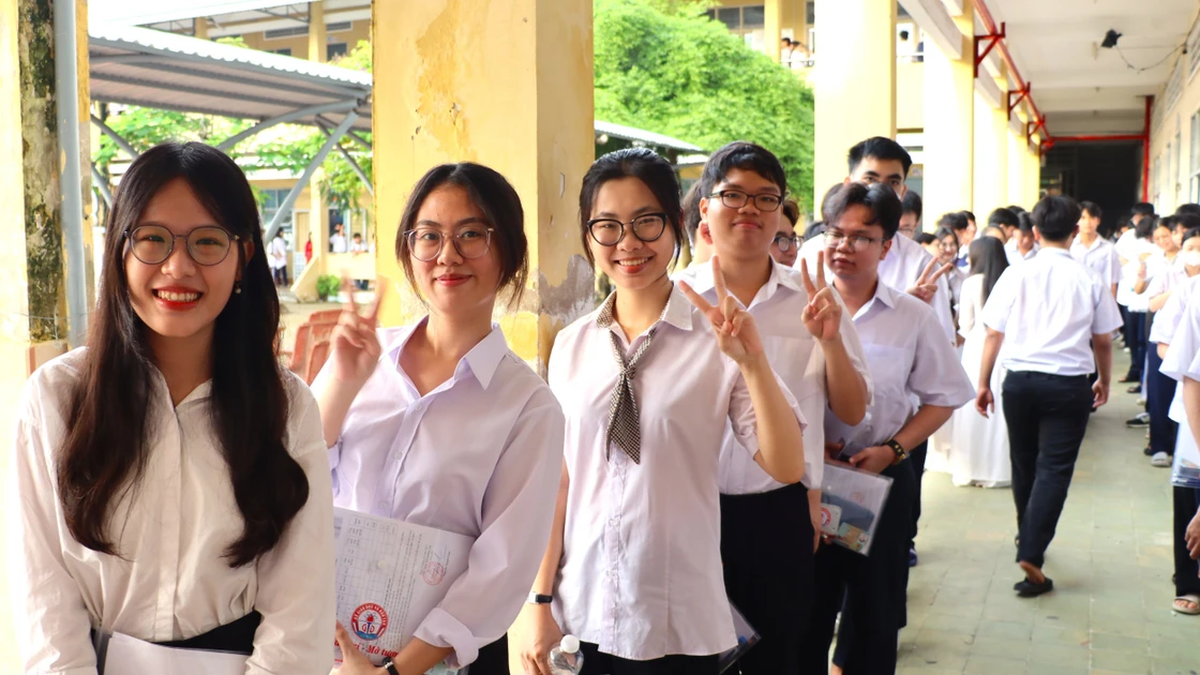








































![[Maritime News] More than 80% of global container shipping capacity is in the hands of MSC and major shipping alliances](https://vphoto.vietnam.vn/thumb/402x226/vietnam/resource/IMAGE/2025/7/16/6b4d586c984b4cbf8c5680352b9eaeb0)













































Comment (0)